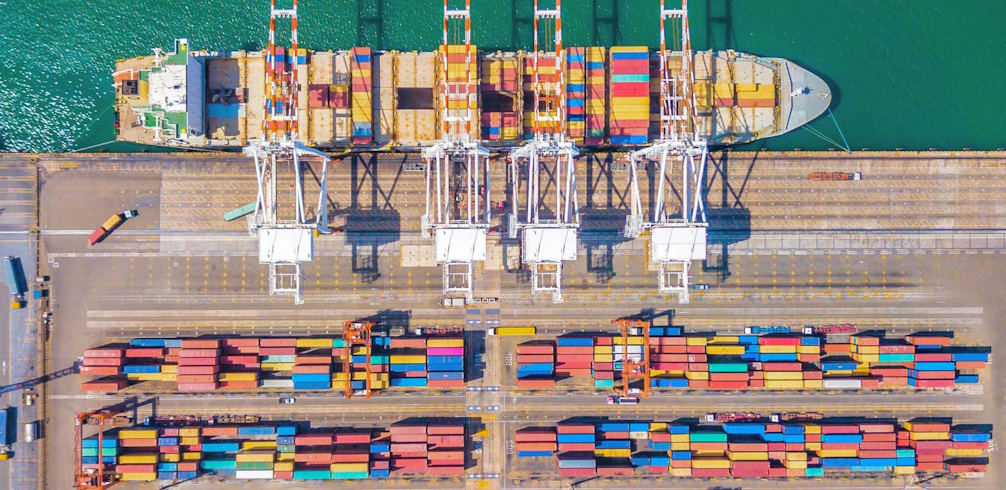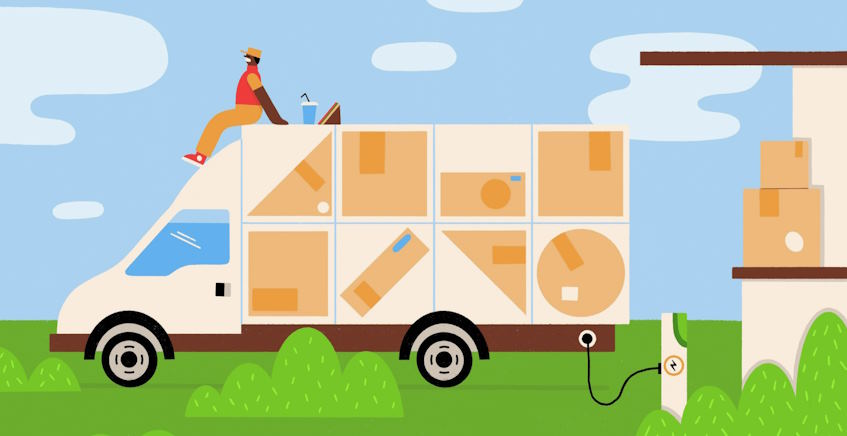In an era where environmental sustainability is more than a buzzword, businesses are increasingly focusing on creating sustainable supply chains as a crucial strategy for pollution prevention. Thus, reducing waste and enhancing sustainability in the supply chain and offering economic and social benefits. This comprehensive guide explores the various aspects of sustainable supply chains and how they contribute to pollution prevention.
Understanding Sustainable Supply Chains
A sustainable supply chain integrates environmentally friendly practices into all stages of the supply chain — from product design and material sourcing to production, distribution, and end-of-life management. The goal is to minimize environmental impact while meeting consumer demands and maintaining profitability.

Eco-Friendly Sourcing and Procurement
The foundation of a mitigating pollution hotspots in the supply chain and procurement. It involves selecting suppliers who adhere to environmentally responsible practices, such as using renewable resources, minimizing waste, and reducing greenhouse gas emissions. By prioritizing suppliers who demonstrate a commitment to sustainability, businesses can significantly reduce the overall environmental footprint of their products.
Green Manufacturing Practices
Another critical aspect is the adoption of green manufacturing practices. It includes using energy-efficient machinery, reducing waste, recycling materials, and employing renewable energy sources. Companies are increasingly adopting the principles of the circular economy, which focuses on keeping resources in use for as long as possible and recovering and regenerating products and materials at the end of their life cycle.
Efficient Logistics and Transportation
Transportation and logistics play a significant role in the environmental standards for a cleaner supply chain. To make this aspect more sustainable, companies are investing in fuel-efficient transportation methods, optimizing delivery routes, and using biofuels. Moreover, the consolidation of shipments and the use of electric or hybrid vehicles can reduce air pollution and carbon emissions.

Sustainable Packaging Solutions
Sustainable packaging is an essential component of a pollution-free supply chain. It involves using materials that are recyclable, biodegradable, or made from renewable resources. Companies are also implementing strategies such as package redesign to use less material and reduce waste.
Technology and Innovation
Advancements in technology are crucial in driving sustainable supply chains. Technologies like blockchain for traceability, AI for optimizing routes and processes, and IoT for monitoring and reducing energy consumption are evolving increasingly important.
Collaboration and Transparency
Creating a sustainable supply chain requires collaboration and transparency across all stakeholders, including suppliers, manufacturers, distributors, and consumers. Sharing information and best practices can help identify areas for improvement and foster innovation in sustainable practices.

